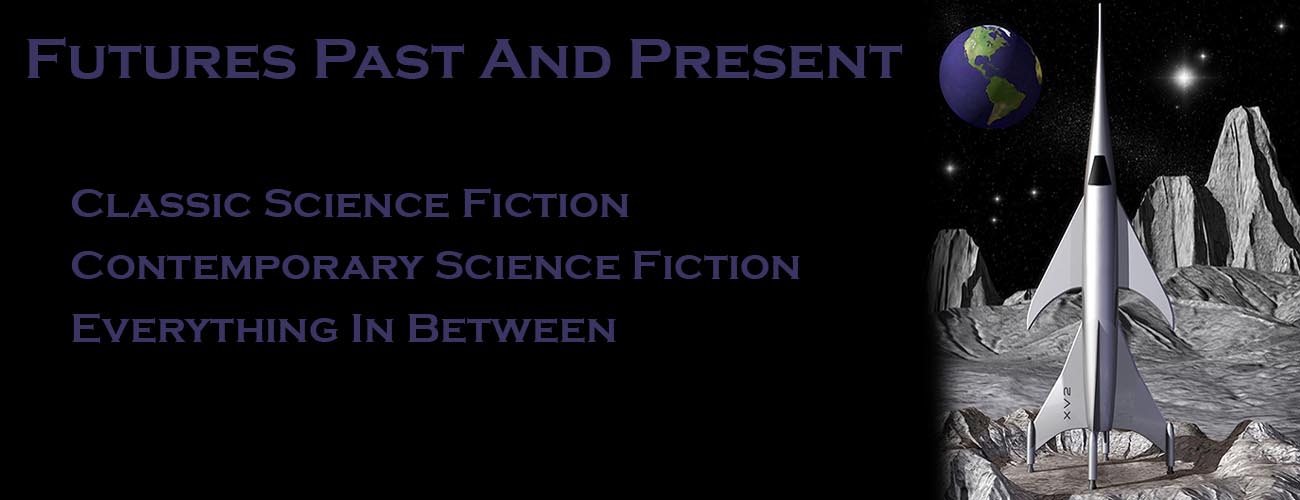I’ve been in the mood for space opera lately. And I have some in mind that I’m planning on reading. Just for grins, and because in spite of my best efforts I can’t read everything, I thought I would see what some of you think are the essential works of space opera. So, what do you think are the essential works of space opera that every well-read fan should be familiar with?
Futures Past and Present
Classic and Contemporary Science Fiction and Everything in Between

E. E. “Doc” Smith: the Skylark and Lensman series. Important because many of the basic concepts of Interwar, Golden and Silver Age space opera originate from these. His thoughts very strongly affect the field even today.
Edmond Hamilton, who pioneered stories of interstellar federations, mega-engineering, and also some profoundly cynical stories not usually associated with him. He invented much of what Smith didn’t in the early years. His stories are very compressed.
Olaf Stapledon, who created the grandest backdrops against which to set tales. Then he didn’t really set tales against them. But other writers read Last and First Men and Star-Maker, and they did.
Isaac Asmiov’s Robots, Galactic Empire and Foundation universe, especially the Foundation stories. This is what really got science fiction into the idea of exploring long-range social evolution in interstellar societies.
Poul Anderson, especially his Polesotechnic League and Terran Empire series. Very strong on characterizatio and description, a poetic style, and a very good grasp of historical forces.
Alan Dean Foster’s Humanx Commonwealth stories, for the sheer adventurous fun of it. Not very serious space opera, but really gives you a sense of the wonder and scope possible in the Galaxy.
Stephen Baxter, for his immensely-huge and provocative scientific concepts. Terrifyingly bleak at points, but always full of wondrous ideas.
Alistair Reynolds, who has very much reinvigorated the genre with his “Revelation Space” series. A fascinating exploration of human dynamics and cosmic destiny in a world in which humanity has diversified into many subgroups, but there are things far more alien and malign out there than any of the human groups.
Jordan, thanks for the suggestions. Great minds must think alike because I’ve read all but one of those authors and loved them. I’m on the road and replying via phone is pain. I’ll respond further when I get home.
OK, now that I’m home and have gotten back into something resembling a routine, here are some more detailed thoughts.
I’ve not read Smith although I’m aware of his influence. I read quite a bit of Hamilton in high school, and I intend to read his collected short fiction from Haffner Press. Any day now.
I missed Stapleton when I first read your reply Jordan. I’ve not read him either. Asimov I’ve read. I loved the Terran Empire series. Foster’s Commonwealth was one of the first series I ever read and still a favorite.
I’ve really enjoyed what I’ve read of Baxter and Reynolds.
I’d add H. Beam Piper to the list. His future history has been sadly forgotten. I’m planning on rereading it at some point this year. I’d also add Jack Vance’s Demon Prince novels to the list as well as Brian Stableford’s Hooded Swan series. Walter John Williams’ Praxis series and Wil McCarthy’s Queendom of Sol are also space opera.
I’ve only read the first of E. C. Tubb’s Dumarest books, but I would consider them space opera.
Let me throw out a question to the general audience. Where do you draw the line between space opera and other types of science fiction set in space? Does Niven’s Known Space qualify? Do novels about Big Dumb Objects such as Ringworld or Rama fall into the space opera category, or do they have a separate classification? Does the scope have to be epic, or can it be set in the solar system?
Thoughts?